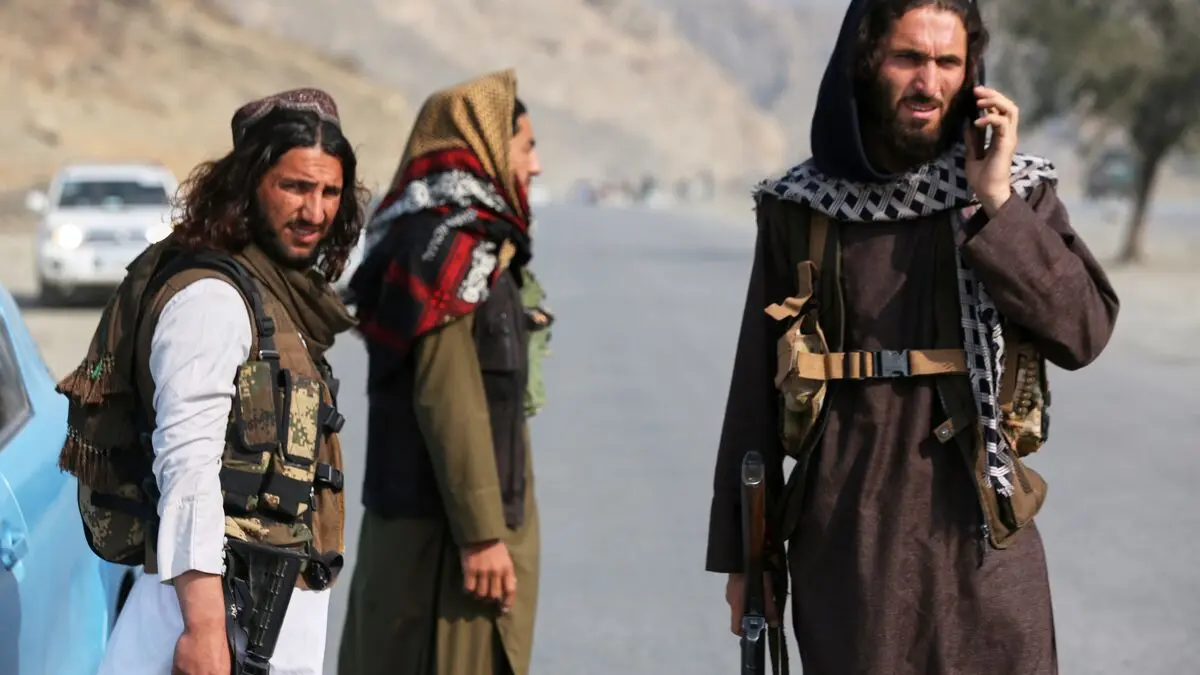Monday's extensive Israeli attacks on multiple targets in Lebanon are part of the escalation that Israel is driving against the Islamist movement.
Hizbollah likely feels pressure to respond, but also has pressure on them as the movement is well aware that Israel is likely prepared to expand an offensive, says Lund, who is a Middle East analyst at the Total Defence Research Institute (FOI), directly after Monday's massive attacks.
Dynamics overturned
The conflict has changed drastically in recent weeks, with attacks through snipers and walkie-talkies against Hizbollah members, followed by attacks and shelling from both sides.
Hizbollah has previously stated that it works according to a kind of "principle of equivalence". If you shoot at civilian targets, we shoot at civilian targets. Then, of course, it's a question of how one defines civilian targets, but overall, they have stuck to it during the current conflict, says Lund and continues:
Previously, it was a ping-pong game, but that dynamic is broken.
The question now is how the terrorist-stamped military part of Hizbollah will respond, and how Iran – which supports Hizbollah – will position itself towards an escalation.
Fear in Tehran
Generally, Iran is worried that it could become a major war. That type of conflict is what Iran and Hizbollah have tried to avoid. And Israel too – so far.
Lund notes that Hizbollah has built up a massive arsenal of robots and rockets aimed at Israel, but now faces the problem of when to let a robot rain fall over Israel.
The gradual escalation with new strikes from Israel is a problem for Hizbollah.
The tone from Israel has also intensified. Lund notes that in connection with the sniper attacks, an Israeli government meeting was held where a new war goal was added.
There are new strikes all the time. I don't think Hizbollah has real control over the development. The movement may also be in such bad shape, at least in the short term, that prepared robot rains may not work. But you shouldn't count them out, says Aron Lund.






